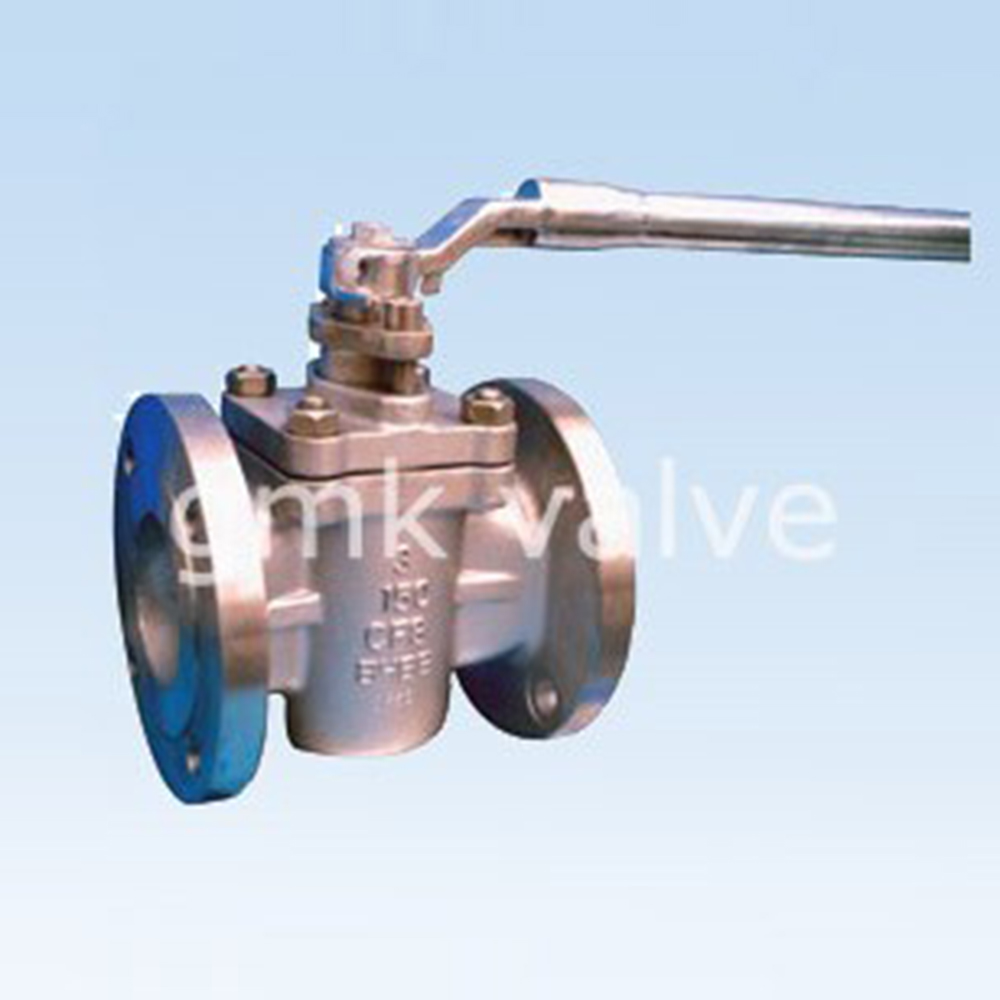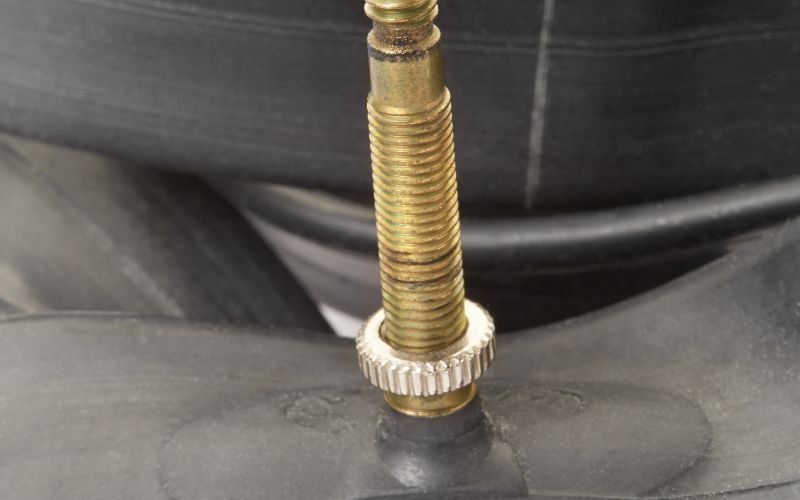
As industries grow and become more complex, the need for reliable and efficient valves becomes increasingly important. One such valve that has proven to be essential in many industrial applications is the sleeve type plug valve. These valves are designed to handle a wide range of fluids, from liquids to gases, making them incredibly versatile. In this blog post, we’ll explore what makes sleeve type plug valves unique and why they are so crucial in various industries. So sit back, grab a cup of coffee, and let’s dive into the world of sleeve type plug valves!
What are sleeve type plug valves?
Sleeve type plug valves are a type of quarter-turn valve that are commonly used in industrial applications. They consist of a cylindrical sleeve or body that houses a tapered or conical plug. The plug has one or more ports that allow fluid to flow through when the valve is open.
When the valve is closed, the plug rotates 90 degrees and positions itself inside the sleeve, effectively blocking all flow through it. This design allows for precise control over fluid flow rates and direction.
Sleeve type plug valves come in various sizes, from small ones used in laboratory equipment to large ones used in oil refineries and pipelines. They can be made from different materials depending on their intended application, such as stainless steel for corrosive environments or plastic for water treatment facilities.
One advantage of sleeve type plug valves is their simple construction which makes them easy to maintain and repair if needed. Additionally, they have low torque requirements which means they don’t need large actuators to operate them.
Sleeve type plug valves offer reliable performance with minimal maintenance requirements making them an ideal choice for many industrial applications where precision control over fluid flow rates is critical.
How do sleeve type plug valves work?
Sleeve type plug valves are a type of valve that regulates the flow of fluids in industrial applications. These valves work by using a cylindrical sleeve made of elastomer or other materials, which is positioned around the plug. The plug rotates within the sleeve to control the flow.
When closed, the sleeve completely covers and seals off both ends of the cavity inside it where the fluid flows through. When open, an annular space is created between the plug and sleeve allowing for fluid to pass through.
The movement of these plugs is usually controlled manually with either a gear mechanism or actuator as they require torque to move them into position due to their design.
One advantage of this design is that there isn’t any metal-to-metal contact during operation which reduces wear and tear on parts over time. This also makes them ideal for handling abrasive media such as slurries.
Sleeve type plug valves are known for their ability to quickly cut-off flow when needed because they can be rotated 90 degrees from fully open to fully closed with just one quarter turn making them essential in many industrial processes where precise control is necessary.
What are the benefits of using sleeve type plug valves?
Sleeve type plug valves offer several benefits for industrial applications. First and foremost, they provide a tight and reliable seal that ensures efficient flow regulation. This is due to their unique design with a tapered or cylindrical sleeve around the plug, which eliminates the need for additional sealing mechanisms.
Another advantage of using sleeve type plug valves is their versatility in handling different types of fluids, including high viscosity and abrasive materials. They can also withstand high temperatures and pressures without compromising performance or durability.
Sleeve type plug valves are relatively easy to operate and maintain, thanks to their simple construction with few moving parts. They require minimal lubrication and can be easily disassembled for cleaning or repair purposes.
In addition, sleeve type plug valves are cost-effective compared to other valve types since they have low installation and maintenance costs. Their robustness also means that they have an extended service life compared to other valve types.
The benefits of using sleeve type plug valves make them an essential component in many industrial processes where reliable fluid control is crucial.
Are there any disadvantages to using sleeve type plug valves?
While there are many benefits to using sleeve type plug valves, there are also a few potential disadvantages that should be considered before implementation. One of the main concerns is the possibility of wear and tear on the sleeve over time.
As with any mechanical component, regular maintenance and inspections will be necessary to ensure proper function and longevity. Additionally, because these valves rely on tight tolerances for sealing purposes, they can sometimes become difficult to operate if debris or other contaminants get caught in the mechanism.
Another consideration when using sleeve type plug valves is their relatively high cost compared to other types of industrial valves. While this investment may pay off in increased efficiency and reliability over time, it may not make sense for every application or budget.
It’s worth noting that while sleeve type plug valves offer excellent control over fluid flow rates and directionality, they may not be ideal for handling certain materials or operating conditions. As always when considering valve options, it’s important to evaluate your specific needs against available technologies and industry standards.
Which industries use sleeve type plug valves?
Sleeve type plug valves are widely used in various industries due to their versatility and reliability. One of the prime sectors that utilize these types of valves is the oil and gas industry, where they are commonly used for drilling and extraction purposes. The high-pressure environment of pipelines requires robust, durable valves, which makes sleeve type plug valves an ideal choice.
Apart from the oil and gas industry, sleeve type plug valves also find applications in chemical processing plants. They provide effective control over fluids that have a tendency to crystallize or solidify at room temperature by preventing them from sticking to valve parts.
Another sector that extensively utilizes sleeve type plug valves is pharmaceutical manufacturing. These types of industries require highly hygienic equipment due to stringent health regulations. Sleeve-type plug valves offer an excellent solution as they can be easily disassembled for cleaning purposes without compromising on quality or performance.
In addition to these sectors, other industries such as water treatment plants, power generation facilities, food processing units also use sleeve-type plug valves depending on their specific needs and requirements.
Conclusion
To summarize, sleeve type plug valves are essential for various industrial applications due to their numerous benefits. They are efficient, long-lasting, and highly reliable in controlling the flow of different types of fluids. Sleeve type plug valves also have a low maintenance cost and can operate effectively under extreme conditions.
While they may have some disadvantages such as being prone to wear and tear or not suitable for high-pressure systems, these issues can be mitigated by proper installation and regular maintenance.
The advantages of using sleeve type plug valves far outweigh the drawbacks. Industries such as oil & gas, chemical processing, water treatment plants rely on them to ensure smooth operations daily. Therefore, it’s safe to say that sleeve type plug valves remain an indispensable component in most industrial processes today!





